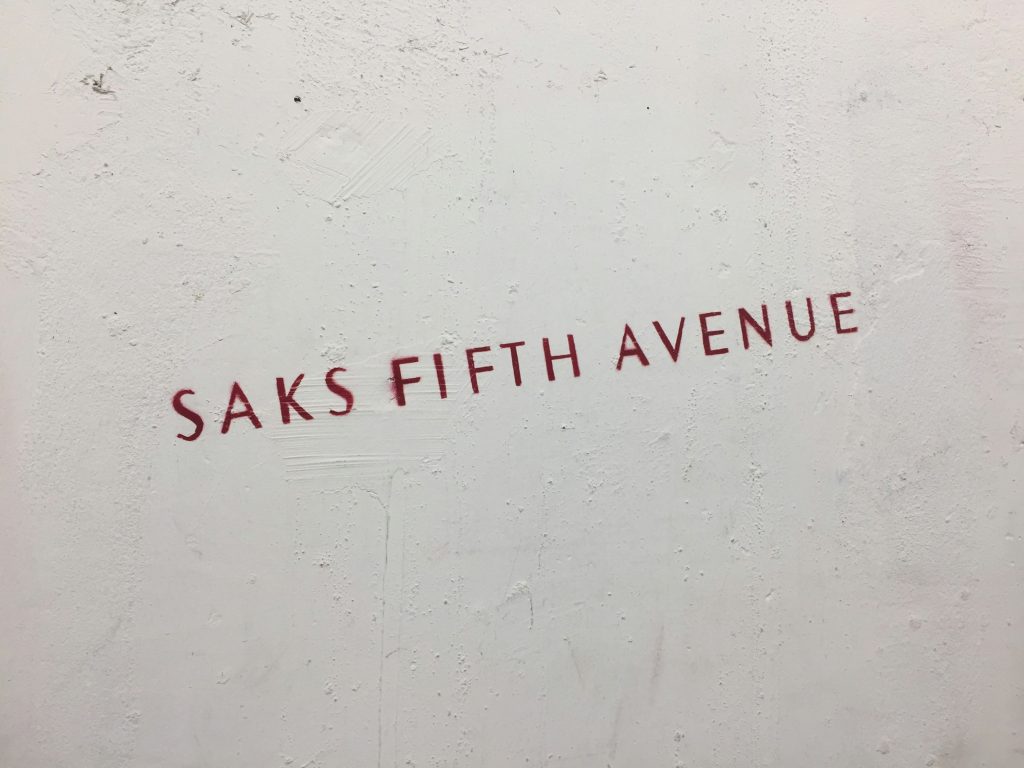The Department of Justice Utilizes Arbitration for the First Time in History
PDF Available
By Zachary Rapp
On September 9, 2019, the Antitrust Division of the Department of Justice filed notice outlining the arbitration process associated with their challenge of the proposed acquisition of Aleris Corporation (“Aleris”) by Novelis Inc. (“Novelis”).[1] By way of background, Aleris and Novelis are two of the four suppliers in North America that produce, and supply rolled aluminum sheet for automotive applications know as automotive body sheet (ABS).[2] The demand for aluminum ABS has grown significantly, as automobile manufacturers have turned to the lighter weight aluminum to replace the heavier steel materials.[3] The reason for this change is that lighter weight vehicles boost significant performance advantages including faster acceleration, better handling, and shorter braking distances.[4] On July 26th of 2018, Novelis and Aleris entered into a definitive Agreement and Plan of Merger, under which Novelis would acquire 100 percent of the voting securities of Aleris.[5] The proposed merger would create an approximately 60 percent share of total production capacity for North America.[6]
In response to the agreement, the Department of Justice (DOJ) filed an antitrust action to enjoin the proposed acquisition.[7] The DOJ asserts that Novelis’s acquisition of Aleris is likely to substantially lessen competition in the market, in violation of Section 7 of the Clayton Act, 15 U.S.C. § 18.[8] The assertion relies on the reasoning that the merger will eliminate head-to-head competition between Novelis and Aleris, reduce competition between Novelis and remaining suppliers of ABS, resulting in the price of the product to increase, delivery times to lengthen, the terms of services to become less favorable, and reduce innovation in the market.[9]
For the DOJ to be successful in their claim, it must identify a particular market that would be harmed by the deal’s alleged anticompetitive characteristics. As such, determining the definition of the market is often highly contested. Novelis and Aleris assert the definition of the market as suppliers of steel for automotive parts, as well as suppliers of aluminum.[10] In contrast, the DOJ contend that there is a distinction between steel and aluminum automotive parts because the aluminum parts allow vehicles to be made lighter and safer. As a result, the DOJ claims that a distinct aluminum market exists.[11]
Market definition disputes have been historically litigated in courts, but in this case the parties choose instead to arbitrate. The Administrative Dispute Resolution Act of 1996 states that dispute resolution proceedings can be used for the resolution of an issue in controversy that relates to an administrative program, if the parties agree to such proceeding.[12] Although granted this power in 1996, this is the first time that the DOJ invoked its authority to arbitrate. The Administrative Dispute Resolution Act of 1996 gave four relevant factors for when arbitration should be utilized.[13] Using those as guidance to his decision, DOJ’s Antitrust Chief Makan Delrahim stated that utilizing arbitration could be a model for future enforcement actions to bring greater certainty for merging parties and to preserve taxpayer resources.[14]
Several benefits exist to explain why the DOJ is utilizing arbitration. By avoiding litigation, the DOJ will save costs and result in a faster review process. In addition, greater accuracy could be reached as instead of having a district court judge decide the issue, arbitration will allow the parties to choose an arbitrator who would have the proper antitrust experience and knowledge. While there are several benefits, there are also several potential disadvantages to the DOJ utilizing arbitration. Historically, the DOJ has been very successful in blocking mergers when completely litigating their challenges. Choosing arbitration also eliminates the opportunity to create case law precedent for future challenges.
The DOJ outlined terms for the arbitration process in its notice filled to the Ohio federal court. As part of the agreed upon terms, the DOJ is required to disclose documents collected from third parties attained during the merger investigation.[15] Novelis and Aleris are required to provide the DOJ with updates on their negotiation progress with an unnamed buyer for the sale of assets that would need to be divested for a DOJ settlement.[16] In addition, both parties are to recognize, and exchange document requests and subpoenas related to the market definition issue.[17]
It is unsure exactly how the DOJ’s decision to arbitrate will affect the outcome of this challenge. By choosing arbitration, the DOJ has opened up the possibility of future parties requesting arbitration. The outcome has the potential to have an enormous effect on how the DOJ will handle future challenges. Only time will tell exactly how this decision to arbitrate will reshape the way in which challenges will be litigated in the future.
[1] Explanation of Plan to Refer this Matter to Arbitration and Arbitration Term Sheet, United States v. Novelis, No.: 1:19-cv-02033-CAB (N.D. Ohio September 9, 2019) https://www.justice.gov/atr/case-document/file/1200806/download.
[2] Novelis Inc., https://novelis.com/about-us/ (last visited Oct. 25, 2019), Aleris Corp., https://www.aleris.com/industries/automotive/ (last visited Oct 25, 2019).
[3] Jane Chung, Novelis Sees Automotive Aluminum Demand More Than Doubling By 2025, Thomson Reuters (Oct. 4, 2918 12:17 AM), https://www.reuters.com/article/us-aluminium-novelis/novelis-sees-automotive-aluminum-demand-more-than-doubling-by-2025-idUSKCN1ME0NJ.
[4] Id.
[5] Complaint, United States v. Novelis Inc., No.: 1:19-cv-02033-CAB (N.D. Ohio September 4, 2019) https://www.justice.gov/atr/case-document/file/1199461/download.
[6] Id.
[7] Id.
[8] Id.
[9] Id.
[10] Id.
[11] Id.
[12] Administrative Dispute Resolution Act of 1996, Pub. L. No. 101-552.
[13] Id.
[14] “Assistant Attorney General Makan Delrahim Delivers Remarks at the 7th Bill Kovacic Antitrust Salon,” (Sep. 9, 2019), https://www.justice.gov/opa/speech/assistant-attorney-general-makan-delrahim-delivers-remarks-7th-bill-kovacic-antitrust.
[15] Explanation of Plan to Refer this Matter to Arbitration and Arbitration Term Sheet, United States v. Novelis.
[16] Id.
[17] Id.


